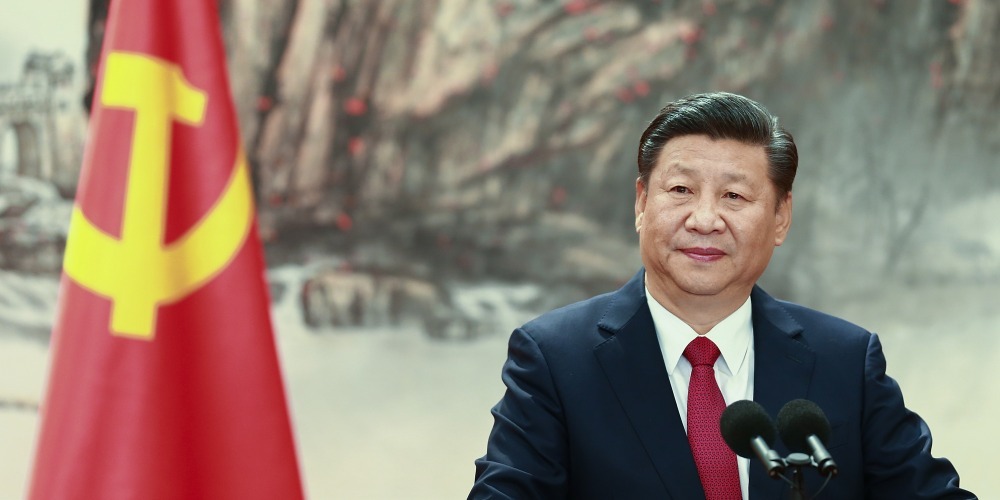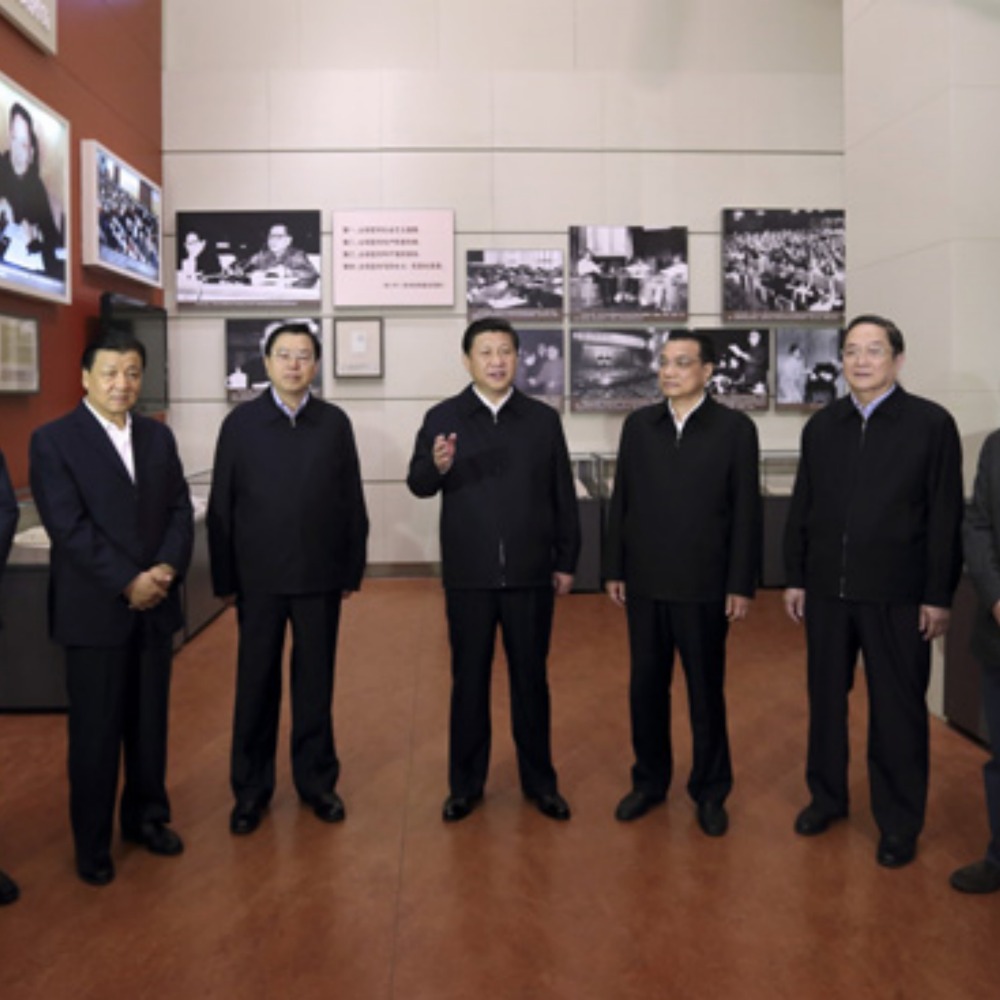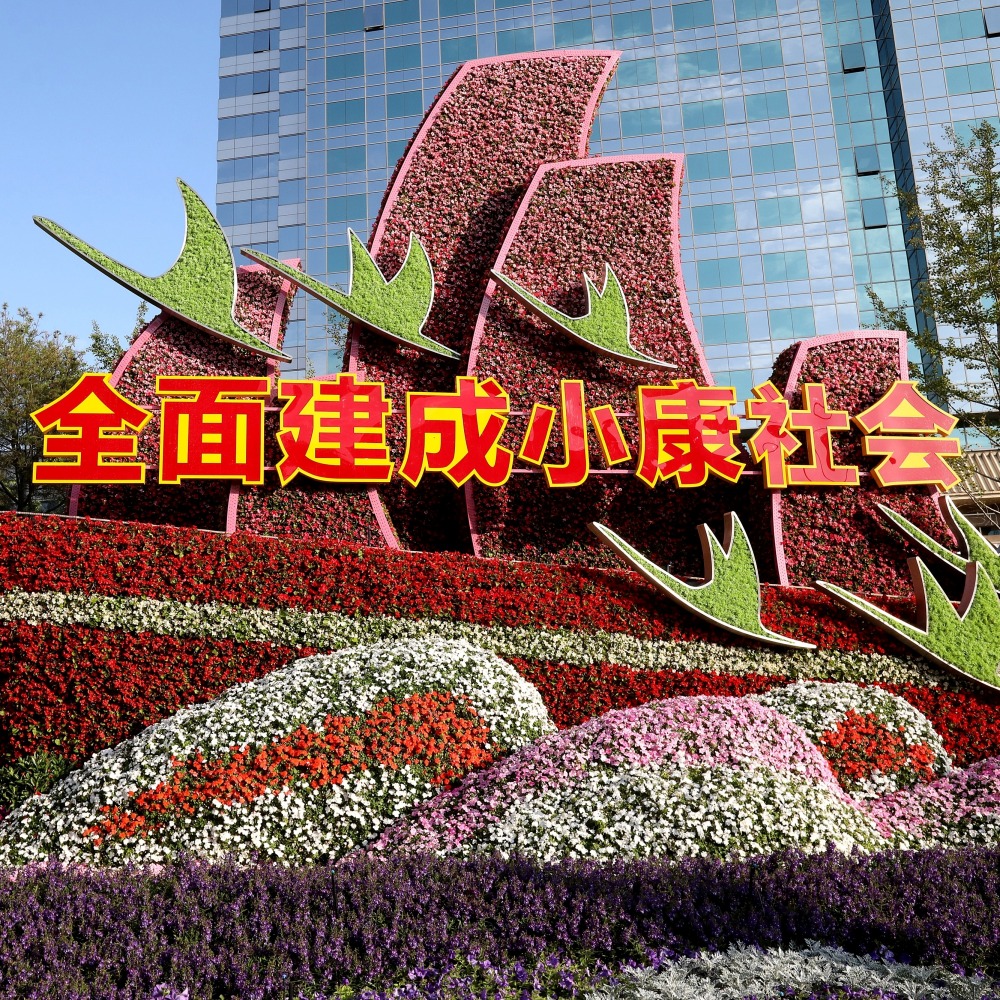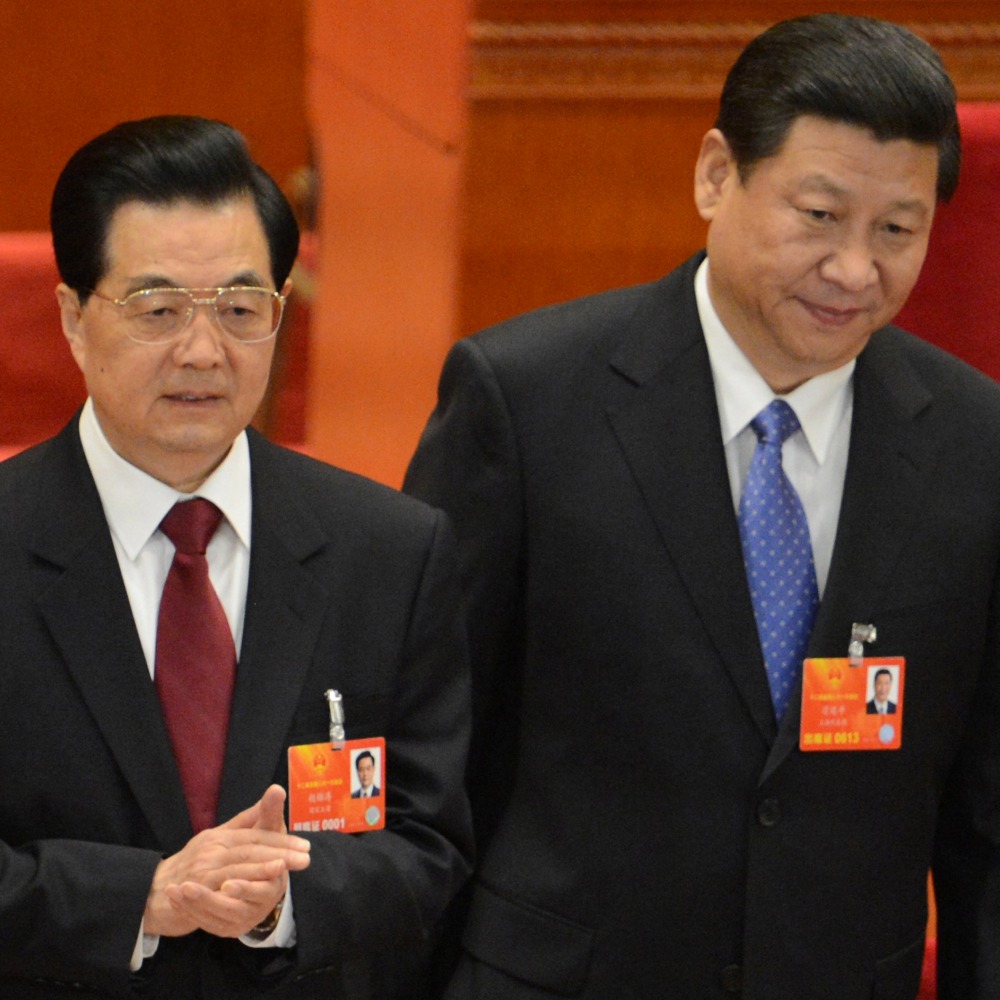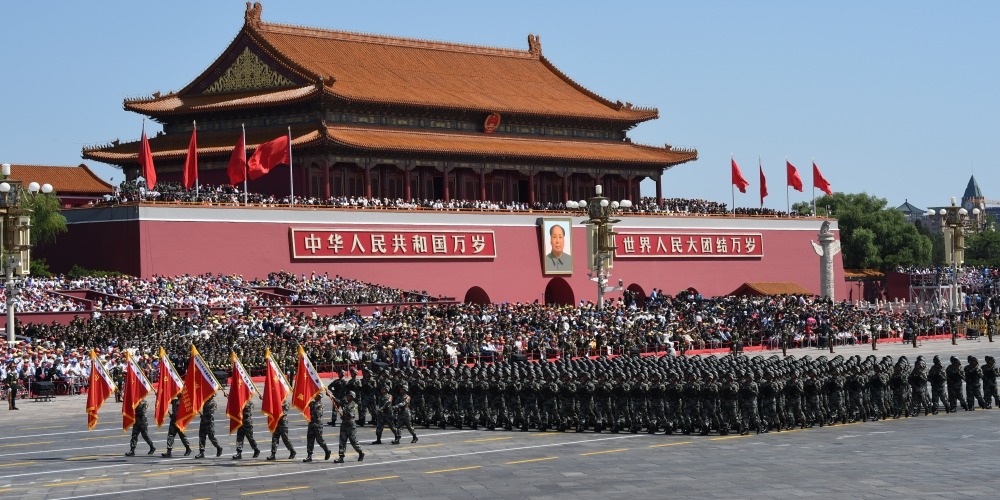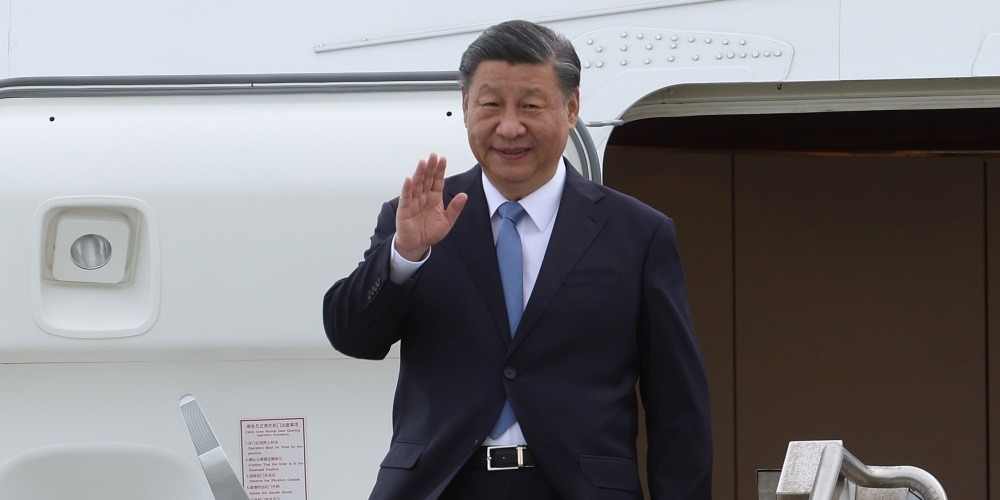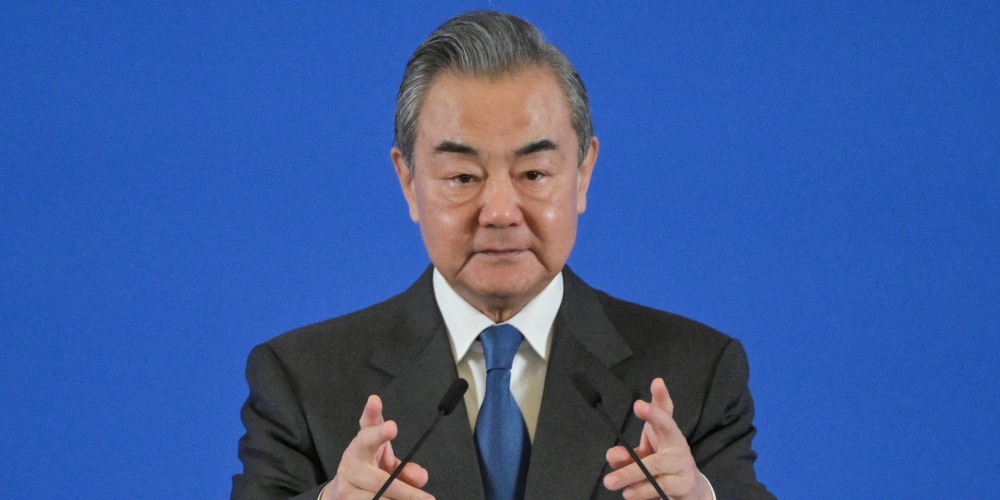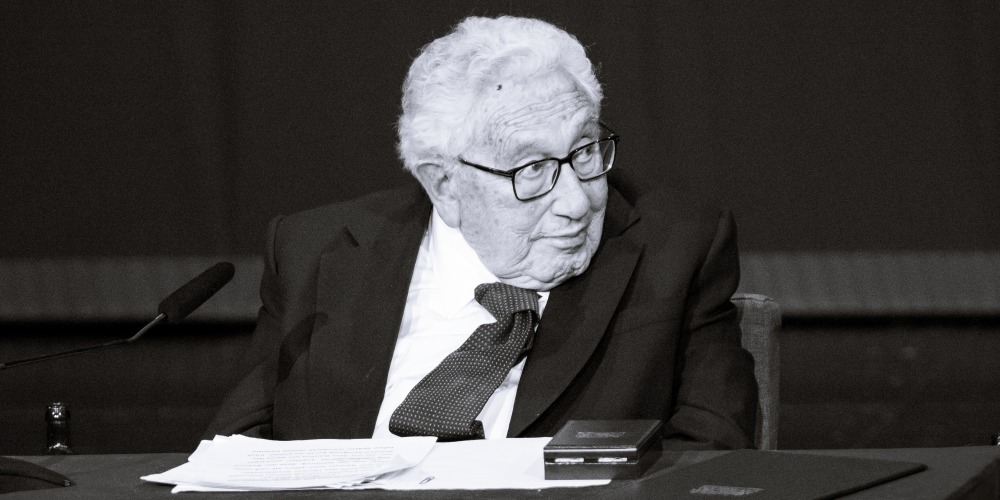Published : 2024-07-16
The 20th Central Committee of the Communist Party of China (CPC) started its third plenary session in Beijing on July 15.
Xi Jinping, general secretary of the CPC Central Committee, delivered a work report on behalf of the Political Bureau of the CPC Central Committee and expounded on a draft decision of the CPC Central Committee on further comprehensively deepening reform and advancing Chinese modernisation.
Third plenary session|Focus on further deepening reform comprehensively
The 20th Central Committee of the CPC convened its third plenary session in Beijing from July 15 to 18, with more than 370 members and alternate members of the Central Committee attending.
The main agenda of the meeting included the Political Bureau of the Central Committee's report to the Central Committee, a focus on further comprehensively deepening reform and advancing Chinese modernisation, as well as reviewing the "Resolution of Central Committee of the CPC on Further Deepening Reform Comprehensively to Advance Chinese Modernisation".
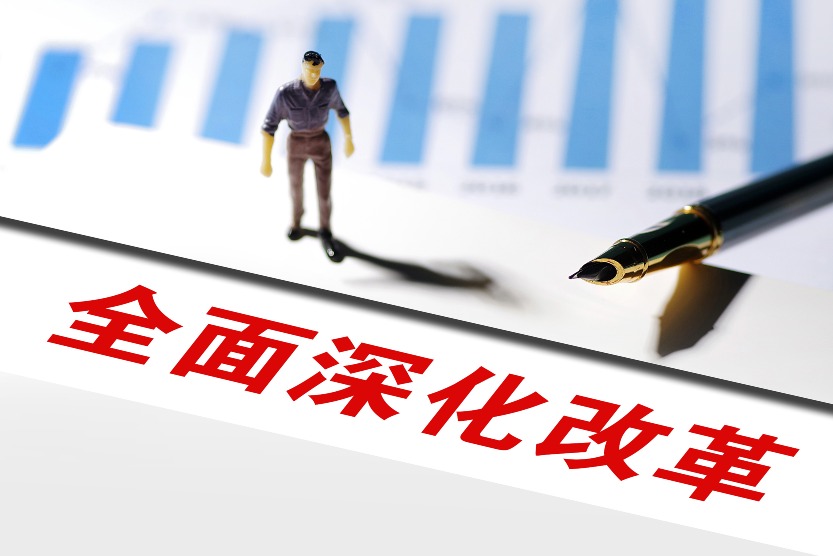
Third plenary session|How to understand "further deepening reform comprehensively"
When looking back, the third plenary session of the 18th Central Committee of the CPC convened in November 2013. The plenum pointed out: The overall goal of deepening the reform comprehensively is to "improve the system of socialism with Chinese characteristics and modernising China's system and capacity for governance".
In December of the same year, the Leading Group for Comprehensively Deepening Reform was established, led by Xi Jinping. In March 2018, the group was restructured into the Central Commission for Comprehensively Deepening Reform, led by Xi Jinping.
From the documents reviewed by the Central Commission for Comprehensively Deepening Reform, there has been significant progress of comprehensive deepening reform.
Over the past decade, the Central Commission for Comprehensively Deepening Reform has held 72 meetings, reviewing and approving more than 600 reform documents, guiding various sectors to issue over 3,000 reform plans.
According to the Xinhuanet, the documents about "high-quality development" numbered more than 90, those about "system and mechanism reform" numbered more than 60, those about "adancing rule of law" numbered more than 60, and those about "people's livelihood and welfare" numbered more than 100.
Other topics of the documents included high-standard opening-up, science and technology, building a beautiful China, cultural power construction, etc.
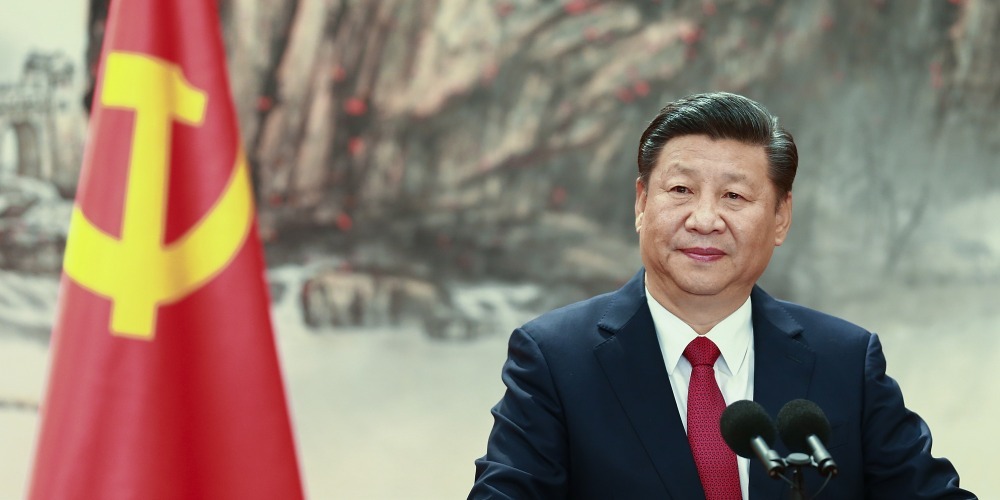
Third plenary session|Why is the third plenary session so important?
According to the Chinese media "Beijing Youth Daily", generally, the first plenary session produces the leadership within the party; the second plenary session usually nominates leaders for state institutions and the Chinese People's Political Consultative Conference National Committee; the third plenary session studies economic reform, and the fourth plenary session focuses on the Party's construction.
Why the third plenary session is important?
It's commonly believed that the third plenary session of the 11th Central Committee in 1978 initiated the tradition of reform theme, and the subsequent sessions have mostly taken reform and opening-up as their main theme.
The topics, decisions, and measures of the third plenary session serve as essential references for the outside world to understand the policy and priorities of CPC's new Central leadership team.
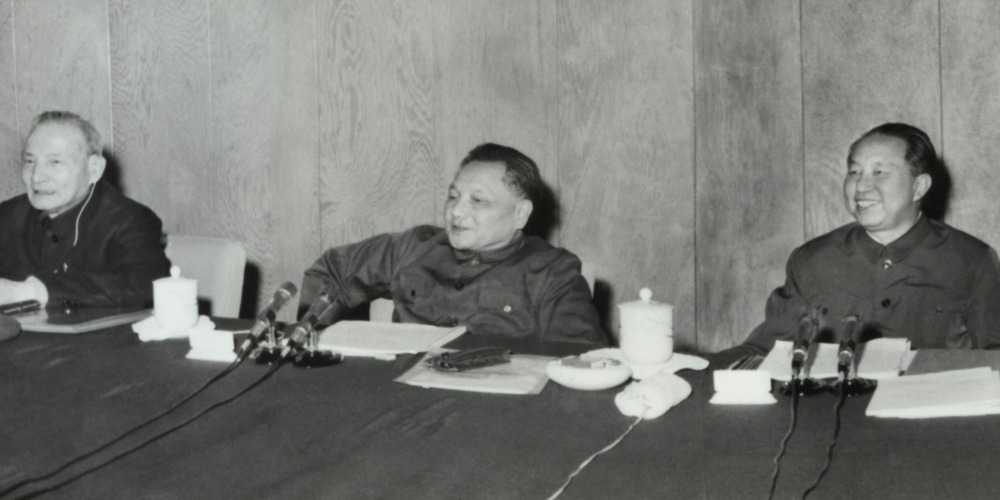
As a rule, each third plenary session would review and approve a "decision" document, which is also considered a "programmatic document" guiding China's economic development over a certain period.
And each programmatic document went through a complex drafting process:
Typically, a drafting group would be established in the spring of that year; with multiple investigations and symposiums, various modifications, the document usually gets completed in about six months.
Read more: Third plenary session of the 11th CCP
